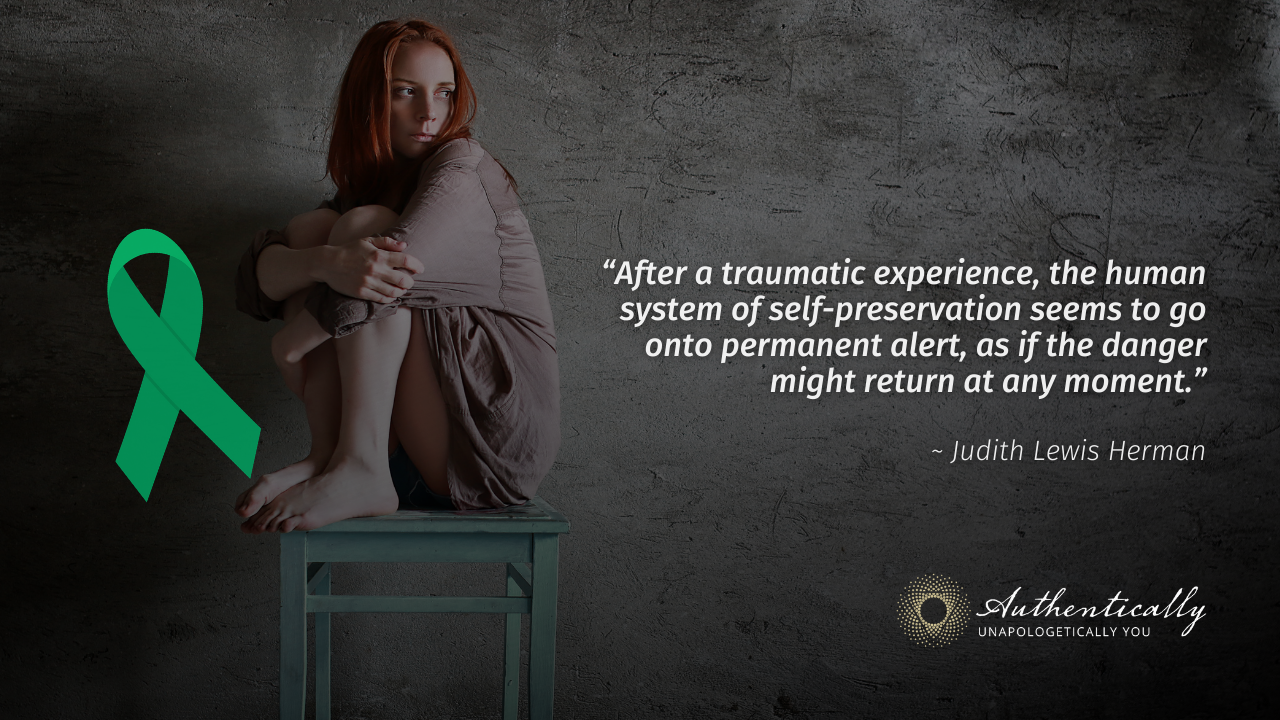Diagnosis, Treatment, Research, & Resources
Jun 27, 2021
Post Traumatic Stress Disorder (PTSD) is a chronic and debilitating mental illness that develops in response to catastrophic life events such as military fighting, sexual assault, and natural disasters.
The symptoms of PTSD are divided into 3 clusters: reliving, avoidance, and overexcitation. In addition, trauma survivors often experience feelings of guilt, dissociation, personality changes, difficulty regulating affect, and marked impairment in their ability to be intimate and bond.
Treatment through therapy, social support, and lifestyle changes can help an individual recover from trauma and restore function.
According to the Mayo Clinic (https://tinyurl.com/3wzdmay5), when it comes to diagnosing post-traumatic stress disorder, your doctor will likely:
- Do a physical exam to look for any medical problems that may be causing your symptoms.
- Do a psychological examination that includes a discussion of your signs and symptoms and the event or events that led to them.
- Use the criteria in the Diagnostic and Statistical Manual of Mental Disorders (DSM-5) published by the American Psychiatric Association.
Treatment
Treating post-traumatic stress disorder can help you regain control of your life. The primary treatment is psychotherapy, but it can also include medication. Combining these treatments can help improve your symptoms by:
- Teaching you skills to address your symptoms.
- Helping you to think better about yourself, others and the world.
- Learning manners when symptoms reappear.
- Treating other problems often related to traumatic experiences, such as depression, anxiety, or abuse of alcohol or drugs.
Psychotherapy
Several types of psychotherapy, also called talk therapy, can be used to treat children and adults with PTSD. Some types of psychotherapy used in PTSD treatment include:
- Cognitive therapy. This type of talk therapy will help you identify the mindsets (cognitive patterns) that are getting you stuck - for example, having negative beliefs about yourself and the risk of traumatic things happening again. In PTSD, cognitive therapy is often used along with exposure therapy.
- Exposure therapy. This behavioral therapy will help you safely face both situations and memories that you find frightening, so that you can learn to deal with them effectively. Exposure therapy can be especially helpful for flashbacks and nightmares. One approach uses virtual reality programs that allow you to re-enter the environment in which you experienced trauma.
- Eye movement desensitization and reprocessing (EMDR). EMDR combines exposure therapy with a series of guided eye movements that help you process traumatic memories and change your response to them.
Medication
Several types of medication can help improve symptoms of PTSD:
- Antidepressants. These drugs can relieve symptoms of depression and anxiety. They can also help improve sleep problems and focus.
- Anti-anxiety medication. These drugs can relieve severe anxiety and related problems.
- Prazosin. Individuals considering prazosin should speak to a doctor to determine whether their particular situation merits a study with this drug.
How can you help someone close to you with PTSD?
It can be just as difficult to be in a relationship with someone with PTSD even if you don't live with them. Because social interaction with family and close friends can help people with PTSD overcome their disorder, it is important to let your friend know that they have your support. Often times, this small gesture can have a powerful impact on people with PTSD as it encourages open communication.
In addition, if your loved one or close friend needs to talk about their feelings or what they are going through, listen actively and avoid unnecessary advice. Instead, let your friend speak freely, express their feelings, or ask for more help coping.
Encourage your loved one to take part in relaxing activities with you. Choose activities that are relaxing and not causing stress. Some fun and relaxing activities to do with friends include yoga, biking, nature trail walks, and other peaceful activities that can help reduce stress and improve both of your moods. It's also important for your friend to bring up their trauma if they feel they have to. In this case, listen and avoid changing the topic of discussion. That open communication is something that can help them heal.

